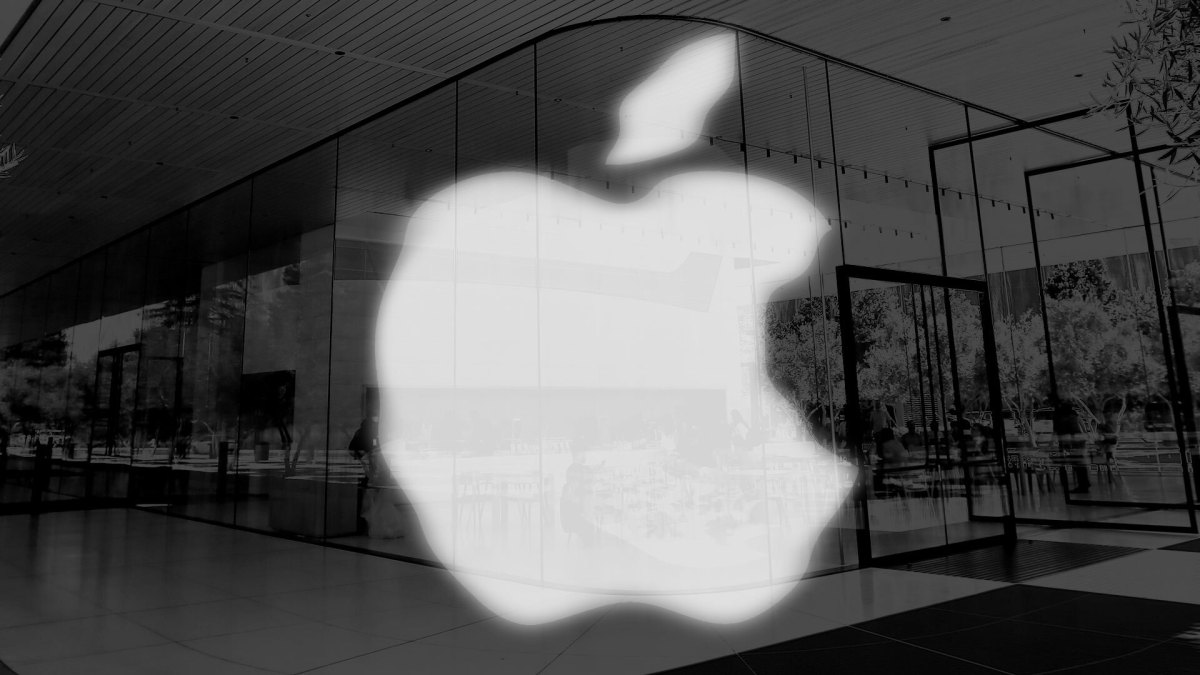On home turf Apple has faced less regulatory scrutiny compared to its Big Tech peers in the past. However, this trend is changing rapidly. The US Department of Justice (DOJ) has initiated antitrust cases against other tech giants like Google and Meta, while the European Union has fined Apple close to $2 billion for anti-competitive practices related to its music streaming platform.
The recent DOJ antitrust suit against Apple accuses the company of monopolistic practices in the high-end smartphone market, signaling the end of its lenient treatment by law enforcers.
With more international scrutiny looming, Apple is facing challenges on multiple fronts. The EU’s revamp of competition rules and the Digital Markets Act are likely to impact Apple’s mobile business significantly.
Antitrust Challenges
The EU’s decision on Apple’s violation of competition laws for music streaming services highlights the detrimental impact of Apple’s restrictions on iOS apps and users. The EU found that Apple’s actions led to higher costs and limited choices for consumers, ultimately harming their interests.
This fine, along with ongoing investigations into Apple Pay and other practices, sets the stage for more antitrust actions against Apple globally.
The EU’s approach to enforcing competition laws is changing, with a focus on consumer harm and fairness. This shift is driven by the need to adapt to the challenges posed by Big Tech companies like Apple.
As Apple faces challenges in Europe, it also grapples with regulatory actions in other regions like the US, South Korea, and India. The UK’s upcoming competition law reform is expected to further tighten restrictions on Apple’s operations.
In the face of mounting antitrust pressures, Apple’s future in the global market remains uncertain, with potential legal battles and regulatory interventions on the horizon.


